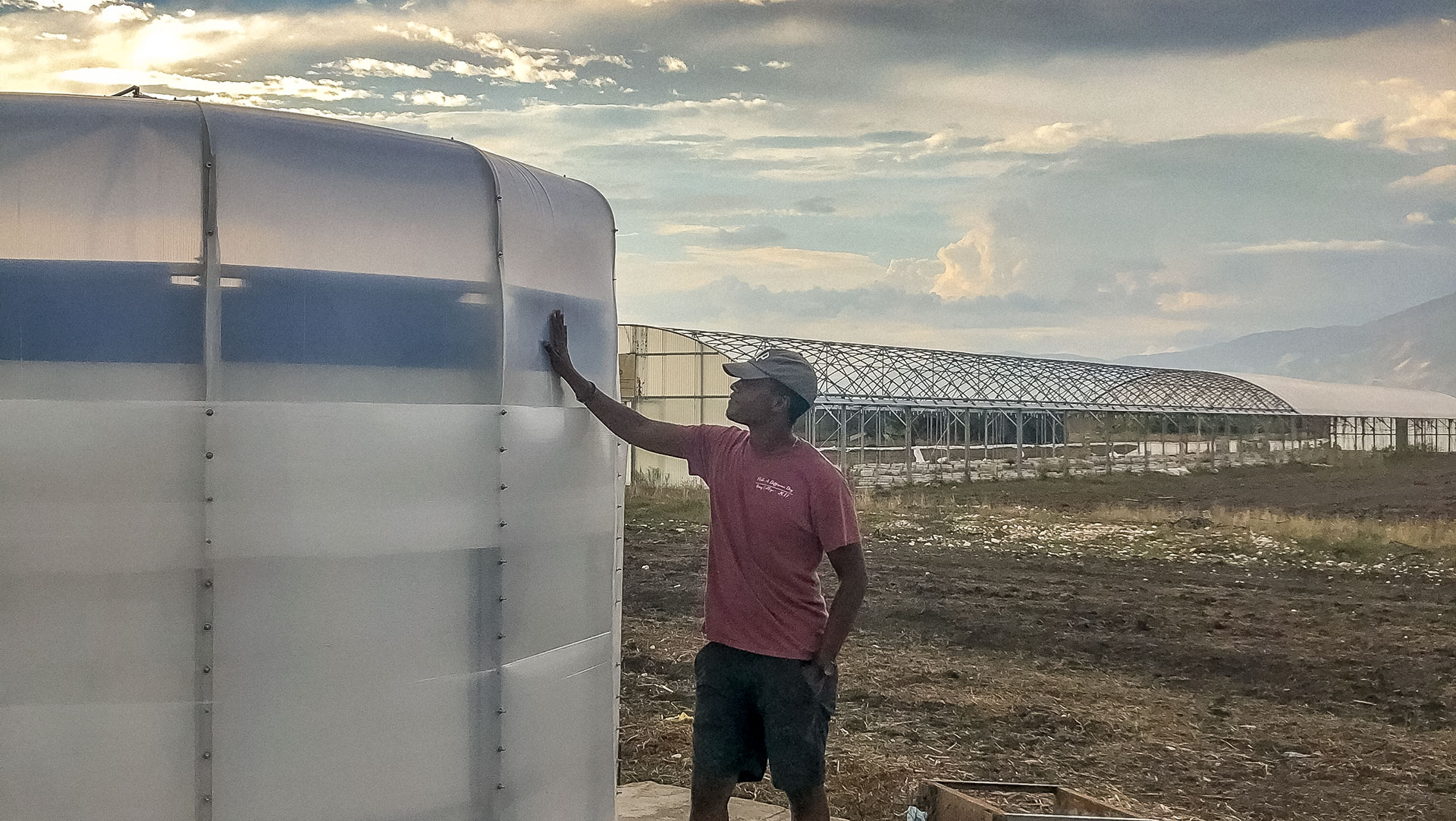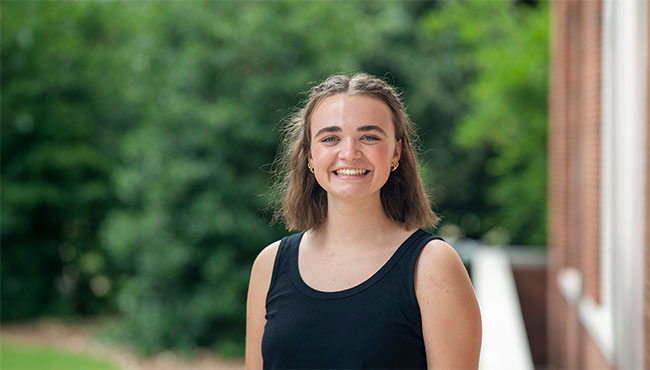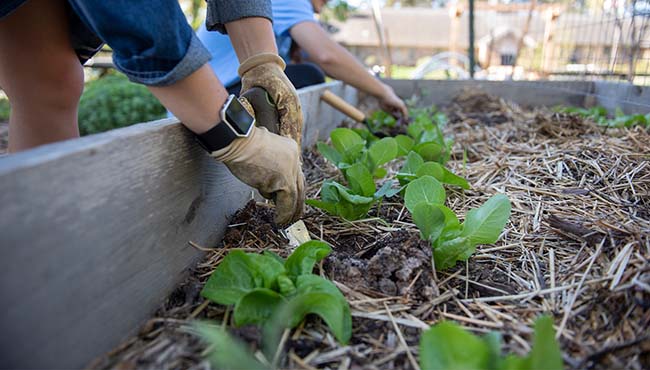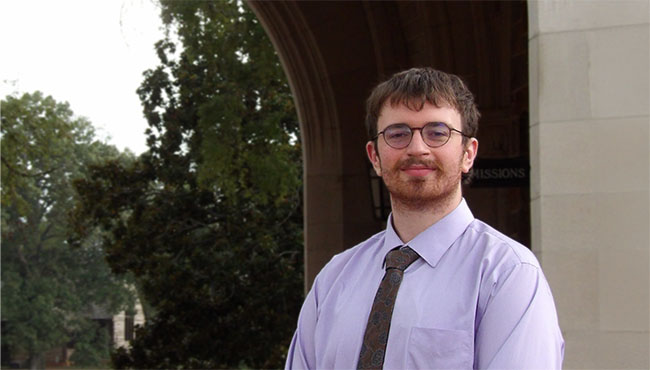Darryl Delsoin ’21, now enrolled in medical school at Vanderbilt University, quickly learned that preparing for medical school takes a lot more than a stellar grade point average and a competitive MCAT score. Encouraged by Berry’s pre-health advisor and other faculty, he shadowed physicians in economically disadvantaged areas and engaged in community service. In 2019, Darryl sought to improve the health conditions in his home country of Haiti after observing that most locals risk their health every day by using charcoal to cook food. Due to the lack of resources, these citizens do not have a safe and healthy option for cooking fuel.
By taking advantage of a course on business and innovation, scholarship and grant opportunities, plus connections made through the business school at Berry, Darryl put a plan into action. Consulting a chemical engineer led to the purchase of a biomethanation plant to change the way families fuel their stoves. Using anaerobic digestion, the plant functions to convert waste products (like cow manure) into methane gas (cooking fuel). By converting bio-waste into biogas, the biomethanation plant has the ability to significantly minimize air pollution and potential respiratory illnesses. “I think this interest in indoor air pollution is implicitly shaping the kind of doctor I want to be,” Darryl says. “Diseases like COVID-19 definitely give more reasons to want to treat breathing-related conditions for a living.”
The COVID-19 pandemic delayed the project because Darryl did not want to risk interactions with families. However, he adapted to the circumstances by redirecting his focus to a smaller-scale project with individuals who could benefit from biogas: 25 workers located on farms where the plant is located. Darryl’s project is now focused on providing families with biogas to cook their meals. He tested fertilizer derived from the process on tomato plants.
Using award money won from Berry’s annual Pitch Competition (where students present entrepreneurial ideas and compete for cash prizes), Darryl expanded the project before applying to medical school. He installed more plants and worked toward setting up a system where each community could be responsible for its own plant and operation.
Darryl’s project was the subject of his Honors thesis, and Professor of Management Paula Englis, his mentor, says, “Darryl is an amazing young man who is working hard to make a difference every day!”



